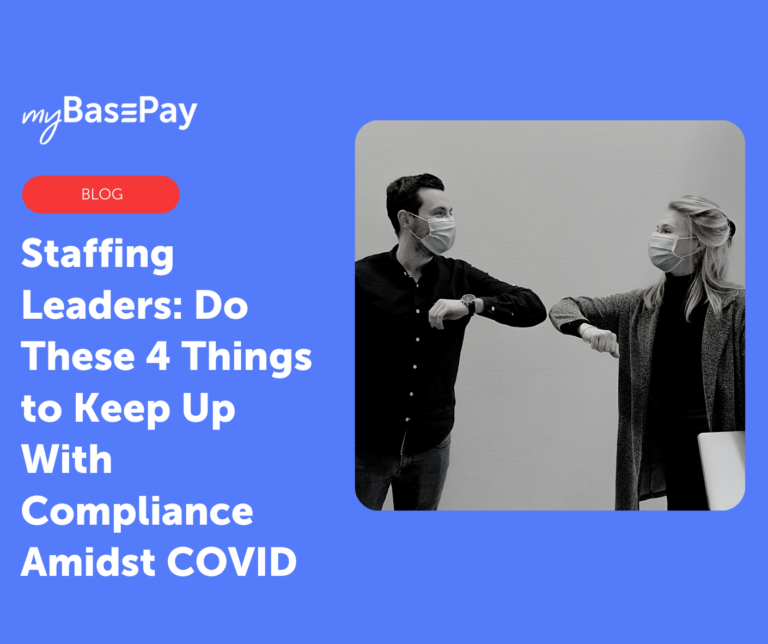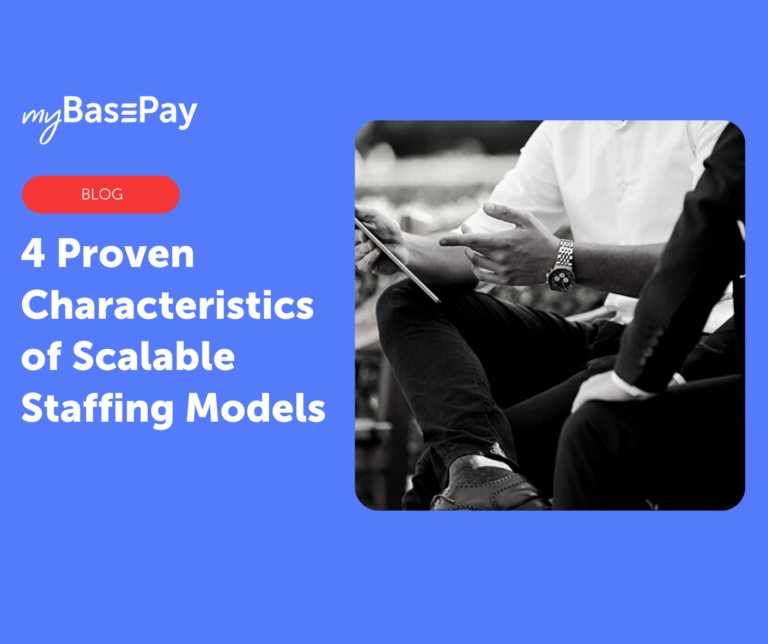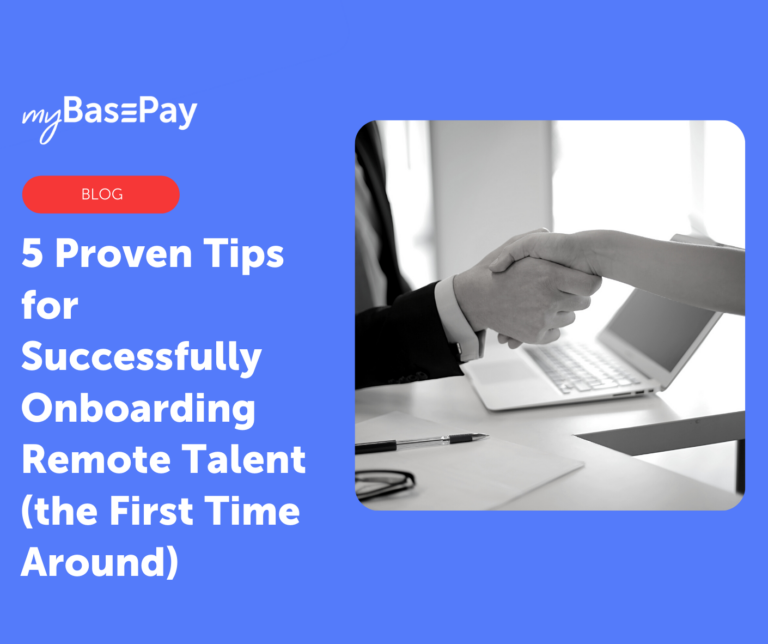5 Reliable Options for Staffing Agencies Looking for a Boost In Cash Flow
In today’s ever-evolving staffing market, establishing a balance of cash flow is a challenge for many firms, but nonetheless crucial. No matter how successful your agency is, there is bound to be an eventual gap between your cash flow and your sales.
And if there’s anything the past couple of years has taught us, it’s that every company — large or small, successful or not — should be seeking a new way to boost cash flow. Ensuring a healthy and consistent cash flow isn’t just about the continuation of your staffing business, but also the ability to expand and scale up.
Fortunately, there are plenty of solutions for staffing agencies looking to do just that, whether out of convenience or necessity. Below, we’ve listed and outlined five reliable options for your firms to increase cash flow, and prevent gaps from burdening your business’ growth in the future:
1. Encourage Faster Payments
Years ago, the process of filing and paying invoices was a bit more lengthy, due to the physical handing off of documents from desk to desk. Now, with the advancement of technology, invoices can be paid in just a matter of hours upon receipt.
One of the best and easiest ways to boost your company’s cash flow is by offering early payment discounts and other financial incentives to encourage prompt payment. As this hastens the payment schedule of accounts receivable, it will also make clients and partners more willing to quickly pay your invoices if it benefits their own cash flow.
As far as how to encourage fast payments is concerned, there are several solutions. Offering multiple payment options, like digital payments, will make the process easier for certain clients. Or, you could consider charging in advance and sending invoices as soon as you’ve signed on to work with a new partner or client.
Whatever option you choose, make sure to keep in mind the value of the business-client relationship. The smallest deeds can go a long way; even if it means sending a small gift basket, a personalized message, or visiting in-person with your client as a reward for quick invoice fulfillments, encouraging habitual on-time payments will contribute to building the relationship between your company and your clients.
2. Pursue Late Invoices
While these situations aren’t ideal, there are going to be occasions where a client has not fulfilled an invoice payment on time. Your payment terms should be clearly outlined in the contracts with your clients — and this should include deadlines and late invoice fees.
Plus, your employees are relying on timely payments, so late invoices mean late paychecks. The key is to not delay any further; pick up the phone, talk to your client, and set up a payment plan by which you expect to receive payment. Until the invoice is paid, you should continue to follow up with your client.
Some company leaders might be afraid of the personal confrontation that often comes with these situations, but it’s these very interactions that will contribute to the future of your client relationships.
3. Vet New Clients
When looking for ways to boost cash flow, the last thing you need is slow-paying clients. While a rarely delayed payment might be tolerable (depending on the circumstance), a client with the reputation of consistently delaying an invoice payment will become a burden for your agency.
That’s why you should always conduct a screening process for all new clients and customers. Implementing proper credit control and credit risk management processes can help you prevent accidentally forming allegiances with low-quality clients.
Taking advantage of monitoring services that gather data from creditors and records on the punctuality of your prospective client’s payments can also be a big help in directing your business to higher-quality clients.
This process begins by setting fair credit terms for clients. Taking the time to research competitors, considering supplier terms, and vetting customers based on their merits will determine your credit standards. Then, you make an educated decision when assessing clients, rather than unintentionally supplying your clients to a business with an inconsistent payment track record.
4. Review Your Rates
This might seem self-explanatory, but reviewing your current pricing model will serve as a key indicator of how you can improve future cash flow. Since pricing is one of the most important aspects of your business, you should reevaluate your rates and determine if you’re charging enough for your quality of service.
Pricing your service too high will drive away reputable clients who might not have big budgets, and pricing them too low will make prospective clients think your service isn’t at the level of quality as your competitors.
There are various different pricing models, one of which is based on value. This strategy bases price on the perception of value, or simply on the level at which a client is willing to pay. For this strategy to work, you should have a firm grasp of your agency’s customer base, as well as effective on-brand marketing strategies.
Your business should be established as the highest attainable quality, so look for areas to add fresh, new features that will set your services apart from the competition. The goal is to improve the perception of value, which will make customers want to pay more for your standard of service. Of course, you should give all your clients and partners sufficient notice before raising your rates to prepare for the price change.
5. Look Into Financing Options
We understand that managing a tight cash flow is both time and capital-consuming. If your agency is out of options, you might want to consider financing with a bank or alternative funding service.
Whether that means obtaining a small business loan, opening a line of credit, or invoice factoring, the funding solution you choose will depend on the specific demands of your agency. That way, you can ease cash flow strains and open access to working capital.
When a cash flow shortage does arise, most companies can afford to delay payments to suppliers. However, when it comes to staffing agencies, there is far less flexibility involved when paying independent contractors. That makes the process of managing and increasing the flow of cash all the more crucial to the success of your agency.
Author: Cesar Jimenez, myBasePay CEO
Cesar A. Jimenez is an entrepreneur, investor, and military veteran with over 25 years of staffing industry expertise successfully leading technology staffing organizations. His expertise in the IT industry allows him to use his experience as a thought leader for talent acquisition, staffing, IT, and recruitment technologies with a passion for contingent workforce solutions. Cesar has held various leadership roles for both a global staffing organization and technology solutions companies. This expertise has enabled him to develop alternative workforce models that provide the agility for organizations to be competitive in today’s marketplace. In his spare time, he enjoys spending time with hisfamily, working out, and coaching high school baseball players.






